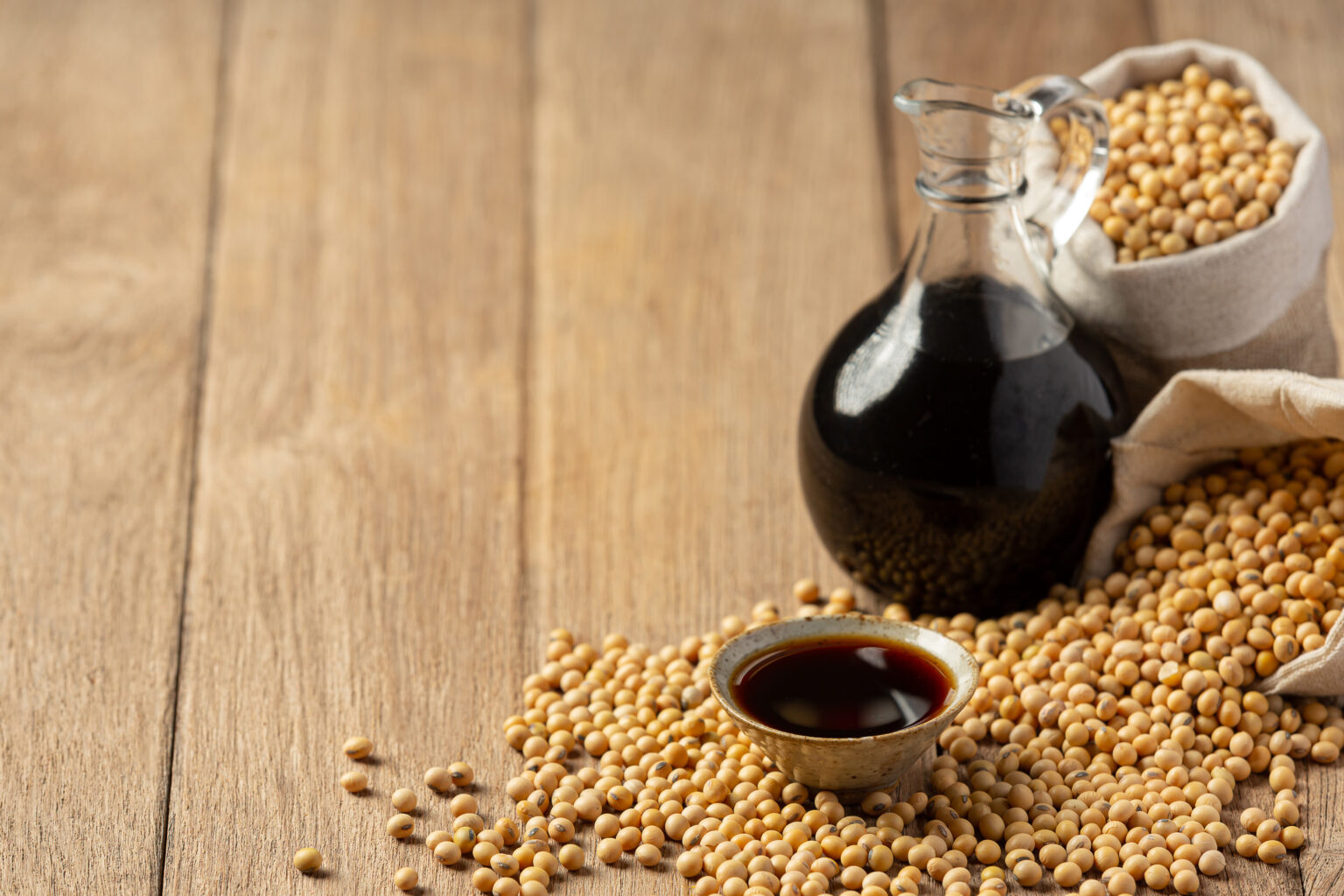Veganism has gained significant popularity in recent years, driven by ethical, environmental, and health concerns. While adopting a vegan diet can offer numerous benefits, it can also present challenges, particularly for individuals with soy allergies. Soy, a common ingredient in many plant-based products, serves as a key protein source and a versatile ingredient in vegan cooking. Navigating nutritional challenges when faced with soy allergies requires careful planning and consideration of alternative protein sources to ensure a well-rounded and balanced vegan diet.
Understanding Soy Allergies
Soy allergies are immune responses triggered by specific proteins found in soybeans. Symptoms can vary from mild to severe and include hives, itching, swelling, digestive problems, and potentially life-threatening anaphylaxis. It’s important to consult with a healthcare professional for accurate diagnosis and guidance on managing soy allergies.
Soy in Vegan Diets
Soy and soy-based products such as tofu, tempeh, soy milk, and soy protein are widely used in vegan diets for their high protein content and versatility in cooking. These products provide essential amino acids, vitamins, minerals, and other beneficial compounds necessary for overall health. However, individuals with soy allergies must find suitable alternatives to meet their nutritional needs.
Navigating Nutritional Challenges
- Protein Alternatives: Since soy is a significant source of protein in vegan diets, individuals with soy allergies must identify alternative protein sources. Various plant-based options include:a. Legumes: Beans, lentils, chickpeas, and other legumes offer a rich source of protein and can be used in a variety of recipes. They are versatile, affordable, and readily available.b. Quinoa: This pseudo-grain is a complete protein source, providing all essential amino acids. It can be used as a base for salads, stir-fries, and other dishes.c. Seitan: Made from wheat gluten, seitan is a popular meat substitute in vegan cuisine. It has a meaty texture and a high protein content, making it a suitable alternative for soy-based products.d. Nuts and Seeds: Incorporating a variety of nuts and seeds such as almonds, walnuts, chia seeds, and hemp seeds can add protein, healthy fats, and other essential nutrients to the diet.
- Calcium and Vitamin D: Soy-based products, like fortified soy milk, often serve as sources of calcium and vitamin D in vegan diets. Individuals with soy allergies should seek alternative sources to meet their requirements. Leafy greens (spinach, kale, collard greens), fortified plant-based milks (almond, oat, rice), sesame seeds, and calcium-set tofu can help meet calcium needs. Exposure to sunlight and fortified plant-based milk can contribute to vitamin D levels, but supplementation may also be necessary.
- Nutrient-Rich Diet: Ensure a well-balanced vegan diet by incorporating a variety of whole foods. Emphasize fruits, vegetables, whole grains, and healthy fats to provide essential vitamins, minerals, and phytonutrients. A diverse diet helps compensate for the nutrients lost from avoiding soy-based products.
- Reading Labels: Soy and its derivatives can be found in numerous processed and packaged foods, so individuals with soy allergies should carefully read ingredient labels. Look out for terms like soybean oil, soy lecithin, soy protein isolate, and soy sauce.
- Consulting Professionals: Seek guidance from a registered dietitian or nutritionist experienced in vegan and allergen-free diets. They can provide personalized advice and help create a well-rounded meal plan that meets nutritional needs.
Living with soy allergies while maintaining a vegan diet may pose nutritional challenges, but with careful planning and consideration, it is possible to meet dietary requirements. Identifying suitable alternatives, incorporating a variety of plant-based protein sources, and ensuring a nutrient-rich diet are essential steps. By consulting professionals and reading labels attentively, individuals can successfully navigate these challenges, allowing them to enjoy the benefits of both a vegan lifestyle and allergy management.








